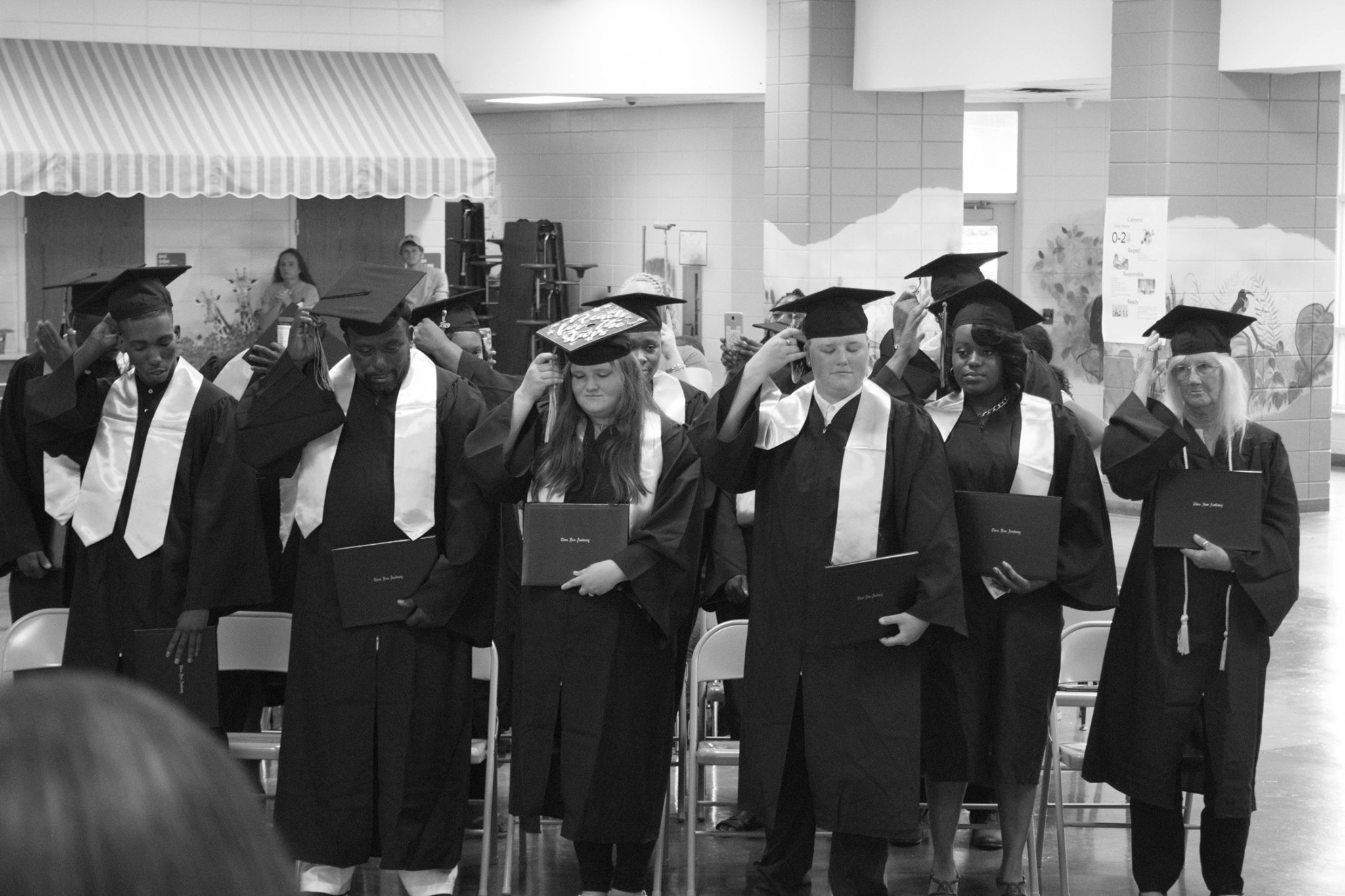
Cultivating Resilience in Underserved Communities
In the face of adversity, resilience is a vital source of hope and strength, guiding communities through challenging times. This ability to bounce back from setbacks, adapt to change, and continue to develop despite obstacles is not just a personal trait, but a communal asset. For underserved communities, where resources are scarce and challenges abundant, cultivating resilience is not just beneficial — it’s essential for survival and growth.
In this article, we’ll delve into the essence of resilience, its importance, and practical ways communities can nurture this invaluable quality.
What Is Resilience?
Resilience is the psychological strength to cope with stress, overcome adversity, and rebound from hardships. It involves maintaining flexibility and balance in one’s life during difficult times and is a dynamic process that enables individuals and communities to exhibit positive adaptation in the face of challenges. Resilience is not an innate characteristic, but a skill that can be developed and strengthened over time with the right support and resources.
The Importance of Resilience in Underserved Communities
For underserved communities, resilience is a critical component of their collective identity and survival. These communities often face systemic barriers — including economic instability, inadequate healthcare, limited access to quality education, and environmental injustices — which compound the effects of everyday stressors. Cultivating resilience in these environments is essential, as it empowers individuals and groups to navigate and overcome these systemic challenges, fostering a sense of hope, agency, and community cohesion.
How to Build Resilience: Strategies for Cultivating Community Resilience
Building resilience in underserved communities requires a multifaceted approach that addresses the unique challenges these populations face. Here are some key strategies and initiatives that can help with fostering resilience.
Strengthening Community Networks
Strong social networks are the backbone of resilient communities. Encouraging community engagement through local events, support groups, and cooperative projects can enhance social cohesion, provide emotional support, and facilitate collective problem solving. By fostering a sense of belonging and mutual aid, communities can better withstand and recover from adversities.
Implementing Community Service Programs
Community service programs play a critical role in building community resilience by addressing local needs and challenges directly. These programs can range from food distribution and health services to environmental clean-up and housing initiatives. By involving community members in these efforts, such programs not only provide immediate relief, but also strengthen community bonds and foster a culture of self-reliance and mutual support.
Enhancing Economic Opportunities
Economic resilience is essential for underserved communities to thrive. Initiatives that promote economic development, such as small business support, financial literacy programs, and access to microloans, can empower individuals to achieve financial stability. Economic empowerment also contributes to the overall resilience of the community by reducing vulnerability to external shocks.
Supporting Mental Health and Well-Being
Addressing mental health is crucial for cultivating resilience. Providing access to mental health services, including counseling and stress management resources, can help individuals cope with the psychological effects of living in challenging environments. Community-based mental health initiatives can also destigmatize mental health issues and promote a culture of care and support.
Promoting Access to Education
Education is one of the most powerful tools for building resilience. It not only provides individuals with the knowledge and skills needed to improve their circumstances, but also instills a sense of hope and possibility. Increasing access to quality education — including alternative diploma programs, vocational training, and homeschooling — can empower community members to break cycles of poverty and create better futures for themselves and their families.
The Dr. Annise Mabry Foundation: Supporting Underserved Communities
The Dr. Annise Mabry Foundation exemplifies the power of community-based initiatives in cultivating resilience in underserved populations. Through our alternative diploma program — Tiers Free Academy — and community service initiatives, we offer a lifeline to individuals seeking to overcome educational barriers and improve their lives. By providing access to education, mentorship, and support, The Dr. Annise Mabry Foundation empowers individuals and communities to build a resilient and hopeful future.
Learn more about how we can help you, or donate today to support our transformative work!
Cultivating resilience in underserved communities is a vital endeavor that requires collective action and commitment. Through community engagement, increased access to education, economic empowerment, and support for mental health, these communities can build the strength and flexibility needed to navigate and overcome the challenges they face. The Dr. Annise Mabry Foundation is leading the way in demonstrating the profound impact of community-based efforts in fostering resilience and hope for a better future. Together, we can work toward building more resilient communities, where every individual has the opportunity to thrive, no matter the odds.
The Dr. Annise Mabry Foundation is dedicated to improving our community by enhancing education opportunities, promoting synchrony between law enforcement and constituents, and encouraging community engagement. Our programs and initiatives include the Southwest GA Community Policing Resource Center and the Tiers Free Academy, a homeschool cooperative for students in grades 9-12 that provides an alternative diploma program for homeless LGBTQ youth, sex trafficking survivors, youth aging out of foster care or the public school system, youth previously under supervision of the Department of Juvenile Justice, and high school dropouts. To learn more about our offerings or support our work, consider subscribing to our newsletter or donating today!



No Comments